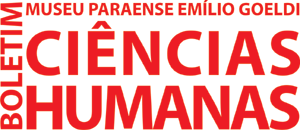Abstract
Interethnic marriages among the various peoples of the Upper Xingu seem to have played a central role in the development of terminological systems that are structurally very similar (of the ‘Iroquois’ type) and in generalization of the condition of ‘kin’ over the long term. Although several monographs on the region have devoted some space to kinship and marriage, few studies are based on extensive genealogical data. This article resumes discussions on the place of marriages in the production of sociality in the Upper Xingu, based on analysis of a genealogical network documented among the Kalapalo, one of the Carib-speaking peoples of this region. Computational tools are used to conduct an exploratory analysis of this network which focuses on the types of matrimonial circuits present, their relative frequencies, and their intersections. The objective is to investigate how the results might dialog with models already proposed for the Xinguano alliance system, and to more closely examine interethnic marriages and their place in an empirical network. The results from the Kalapalo can be extended to offer a more concrete vision of matrimonial dynamics in the Upper Xingu as well as to indicate new possibilities for research.
Keywords
Kinship; Networks; Iroquois terminologies; Research methods; Upper Xingu; Kalapalo

 Thumbnail
Thumbnail
 Thumbnail
Thumbnail
 Thumbnail
Thumbnail
 Thumbnail
Thumbnail
 Thumbnail
Thumbnail
 Thumbnail
Thumbnail
 Thumbnail
Thumbnail






